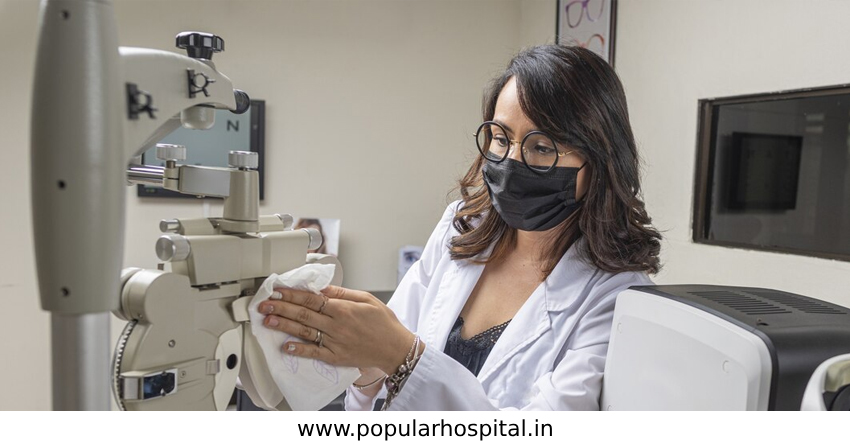Ophthalmology, the branch of medicine dealing with the diagnosis and treatment of eye disorders, has witnessed remarkable growth in India over the last few decades. With rapid advancements in technology, increased awareness about eye health, and world-class healthcare facilities, ophthalmology treatment in India has become a trusted choice for both domestic and international patients. From basic vision correction to complex retinal surgeries, Indian eye care hospitals are now equipped to provide comprehensive and affordable treatment options.
Comprehensive Eye Care Treatments
Indian ophthalmology treatment extends to preventive, medical and surgical treatment of eye related diseases. Some of the common treatments involve corrective procedures like LASIK and SMILE, alongside correction of refractive disorders like myopia, hypermetropia, and astigmatism. In case of age related diseases such as cataract and glaucoma, more advanced laser assisted and less invasive surgery has become a matter of standard.
Retinal diseases, diabetic retinopathy and diseases of the cornea are also treated in special ophthalmology centers. Another sub-specialty that is developing is pediatric ophthalmology, which is concerned with strabismus (squint) and congenital vision issues. Oculoplastic surgeries are also performed in various hospitals to enhance beauty and reconstructive purposes. What is outstanding with the ophthalmology treatment in India is the incorporation of advanced diagnostic images which include the use of Optical Coherence Tomography (OCT) and the digital fundus cameras, which makes it possible to diagnose and design interventions to treat an eye disorder more precisely.
Common Ophthalmic Procedures
Some of the most commonly performed procedures under ophthalmology treatment in India include:
- Cataract Surgery – India is a worldwide centre in the field of cataract surgery that also provides the conventional and latest phacoemulsification surgery along with intraocular lens implantation.
- LASIK and Refractive Surgeries – These surgeries correct the vision defects and make them less dependent on the glasses or the contact lenses.
- Retinal Surgery – Vitreoretinal surgeries are done to treat such conditions as retinal detachment and diabetic retinopathy through precision tools and laser technologies.
- Corneal Transplantation – India has a well established eye banks and corneal transplantation programs that can restore the sight of people who have corneal damage.
- Glaucoma Surgery – Minimally invasive glaucoma surgeries (MIGS) are becoming popular due to their safety and rapid recovery.
These procedures are performed by skilled ophthalmologists supported by advanced surgical setups, making ophthalmology treatment in India both reliable and affordable compared to global standards.
Challenges in Ophthalmology Treatment
Nonetheless, there are various issues that the ophthalmology treatment in India is experiencing, despite the massive gains made. The urban-rural divide is one of the most significant problems, as metro cities are equipped with state-of-the-art hospitals, whereas rural areas have no access to the simplest eye care services. Remote regions have a shortage of trained ophthalmologists and optometrists hence blindness is diagnosed later and the cases not treated.
The other obstacle is in the awareness in the society. Early signs of vision problems are also overlooked by many people and thus preventable blindness occurs. Moreover, such conditions as diabetic retinopathy and glaucoma need a prolonged treatment that may turn out to be financially and time-demanding among patients with weaker backgrounds.
Conclusion
India has gone a long way in the sphere of eye care in terms of modern technologies, qualified specialists, and low-cost medical facilities. Nevertheless, to make the ophthalmology treatment in India more inclusive, more attention should be paid to the awareness campaign, outreach to rural areas, and the government-supported eye health programs. The future of ophthalmology in India is promising with innovation and cooperation as the goal is to make sure that it is a right rather than a privilege of people to see clearly.


